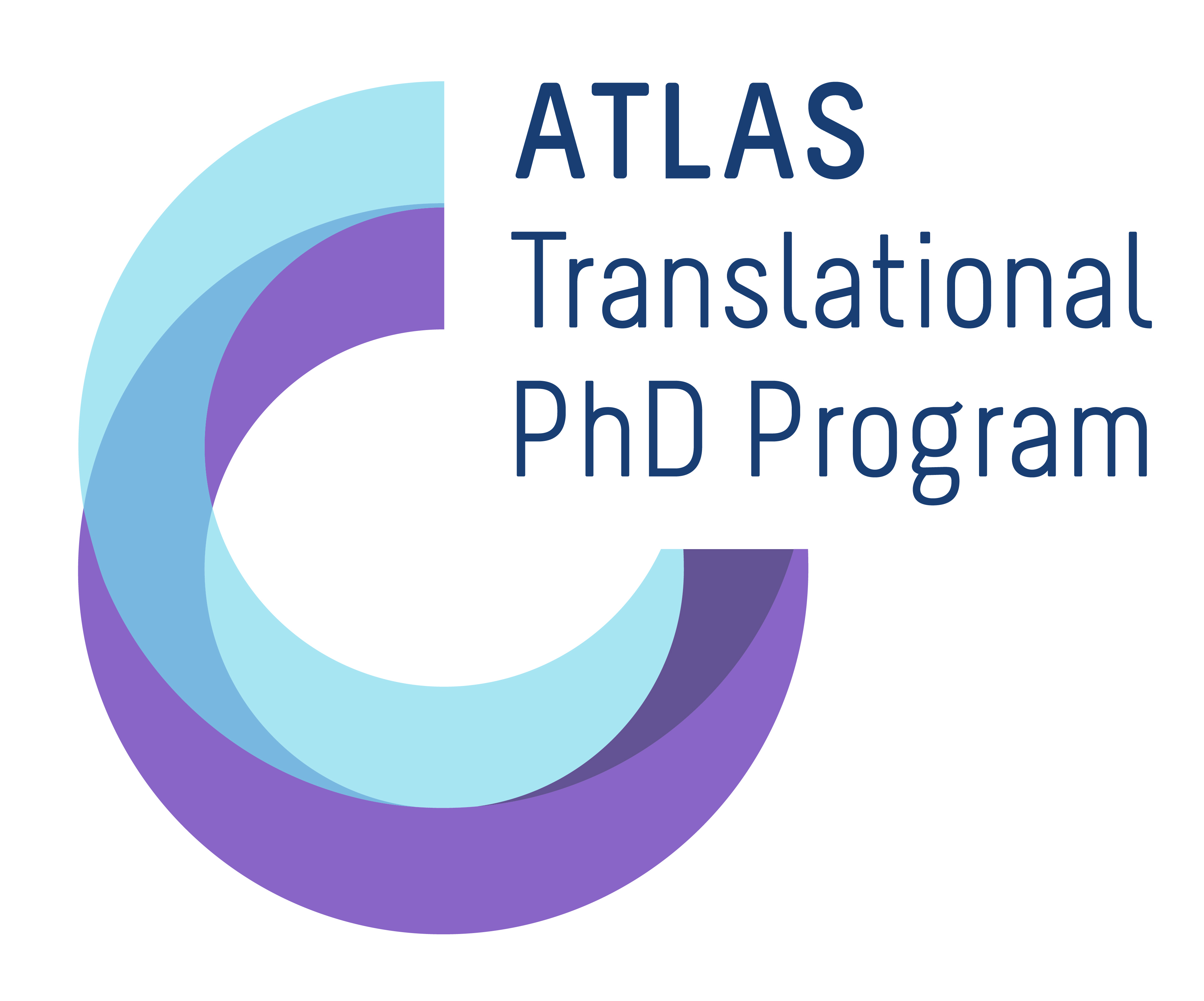Scientific background
Pancreatic ductal adenocarcinoma (PDAC) is a disease characterized by an extremely poor prognosis, lack of biomarkers and notorious resistance to therapy. PDAC’s tumor microenvironment (TME) is associated with the therapeutic resistance to chemotherapies and it is predominantly composed of immune cells, cancer-associated fibroblasts (CAFs), and neurons. A massive nerve hypertrophy (pancreatic neuritis) appears to be a very early symptom of PDAC and is even present in non-cancerous chronic pancreatitis and is considered an important risk factor. However, the role of neurons in the onset and progression of PDAC is poorly understood.
PhD project description
The goal of this project is to decode the role of neurons in pancreatic diseases. In particular, we aim to understand the factors involved in turning an inflammatory state into PDAC. In addition, we want to unravel the functional niches of neuron-cancer cells and neuron-immune cells in the TME. In order to do so, the PhD student will use state-of-the-art omics- and multi-omics techniques established in-house. From the results of this first part of the project, the PhD student will identify targets suitable as diagnostic/prognostic markers for PDAC and establish functional assays to test different anti-tumor treatments targeting cancer-neuron and/or immune cell-neuron interactions.
Required profile of the candidate
The ideal candidate should have:
• A background in immunology and/or neurobiology
• Experience in histology and imaging
• Experience in cell culture
• Knowledge of R
• Knowledge of Python or an interest in learning it
• Fluent English
Publications relevant to the project
Demir, I. E., Friess, H., & Ceyhan, G. O., Neural Plasticity in Pancreatitis and Pancreatic Cancer. Nature reviews. Gastroenterology & hepatology 12(11), 649–659 (2015). doi: 10.1038/nrgastro.2015.166
Demir, I. et al., Activated Schwann Cells in Pancreatic Cancer are Linked to Analgesia via Suppression of Spinal Astroglia and Microglia. Gut 65(6), 1001–1014 (2016). doi: 10.1136/gutjnl-2015-309784
Demir, I. Et al., Perineural Mast Cells are Specifically Enriched in Pancreatic Neuritis and Neuropathic Pain in Pancreatic Cancer and Chronic Pancreatitis. PloS one 8(3), e60529 (2013). doi: 10.1371/journal.pone.0060529
Hirth, M. Et al., CXCL10 and CCL21 Promote Migration of Pancreatic Cancer Cells Toward Sensory Neurons and Neural Remodeling in Tumors in Mice, Associated With Pain in Patients. Gastroenterology 159(2), 665–681 e13 (2020). doi: 10.1053/j.gastro.2020.04.037
Tan, X., Sivakumar, S., Bednarsch, J. et al., Nerve Fibers in the Tumor Microenvironment in Neurotropic Cancer—Pancreatic Cancer and Cholangiocarcinoma. Oncogene 40, 899–908 (2021). doi: 10.1038/s41388-020-01578-4
